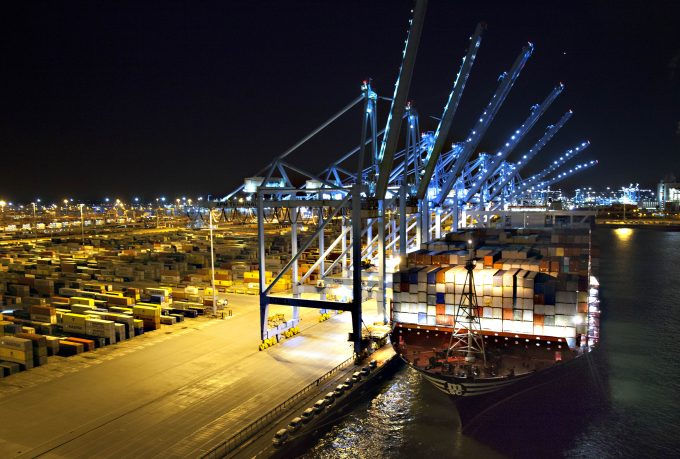
North European shippers have suffered, mostly in silence, for six months as capacity on containerships to Asia has been squeezed by ocean carriers.
Speaking to The Loadstar at the Multimodal event in Birmingham, a major UK exporter of bathroom equipment said he could trace the capacity crunch back to October.
He said a routine job to book containers to Asia with his selected carrier partners had “suddenly became a major headache”.
He added: “I have never made so many calls, sent so many e-mails, to carriers as I have in the last six months. And mostly these were messages of complaint about boxes not being shipped and not knowing when they would be.
“Imagine trying to explain the situation to our customers in Asia. How are they expected to understand, if we really do not understand the situation ourselves?”
The shipper added that there were a variety of reasons given by carriers, ranging from draught problems at Hamburg as a vessel’s last port call and equipment shortages to the more recent excuse of container lines preparing to exit one alliance to join another.
“But one thing was constant,” he said. “Rates have been going up all the time, and we feel that we have been held to ransom by these companies.”
Indeed, the ‘export black hole’ in the supply chain was a common complaint made by shippers to The Loadstar at Multimodal. Many did not understand how the issue had been “kept under the radar” for so long, not least because the UK government is making a big push to increase exports around the world ahead of leaving the European Union.
As part of a panel discussion on end-to-end supply chain visibility, chaired by The Loadstar editor Gavin van Marle, Adrian Jones, director south Europe, for MOL, admitted that the current backhaul situation was “extraordinary”.
He said: “Shipping lines are like airlines, they overbook on the basis of ‘no shows’, but this time all the containers have been turning up.
“The last thing we want to do is to rollover a customer’s containers, but we have had no choice; we simply cannot make the ships any bigger,” he argued.
Mr Jones said that he expected the situation to settle down, once the new alliance structures are bedded in. He admitted that there was a priority system in terms of shipment which he said “depended on the freight rate”.
On the same panel discussion, Chris Lewis, managing director of DP World at Southampton and London Gateway, said the situation was causing problems for his terminals as they did not know until very late in the planning stage which boxes were to be shipped.
“We have to move the shut-out containers to another export stack,” he explained. “It is causing additional dwell time and cutting our productivity.”
Mr Lewis added that he also hoped that the capacity crunch was a temporary problem, a hope that will be shared by many exporters to Asia from North Europe that are facing lost business, due to the customer perception that they cannot deliver on their contracts.


